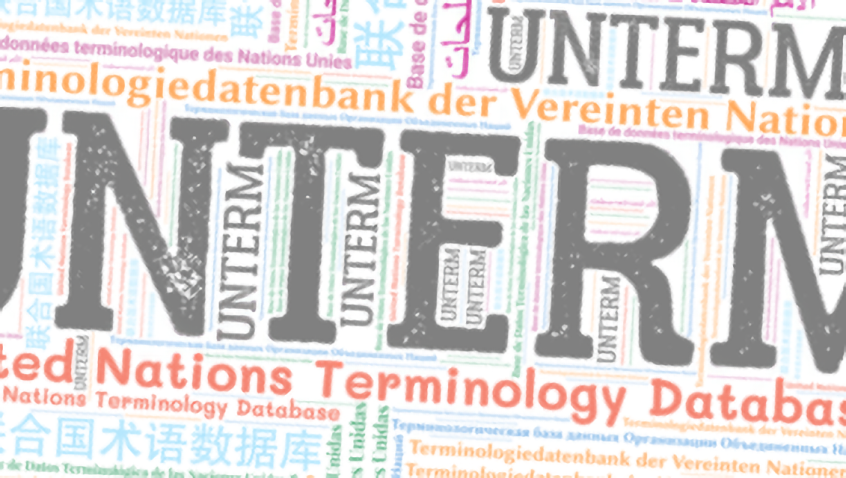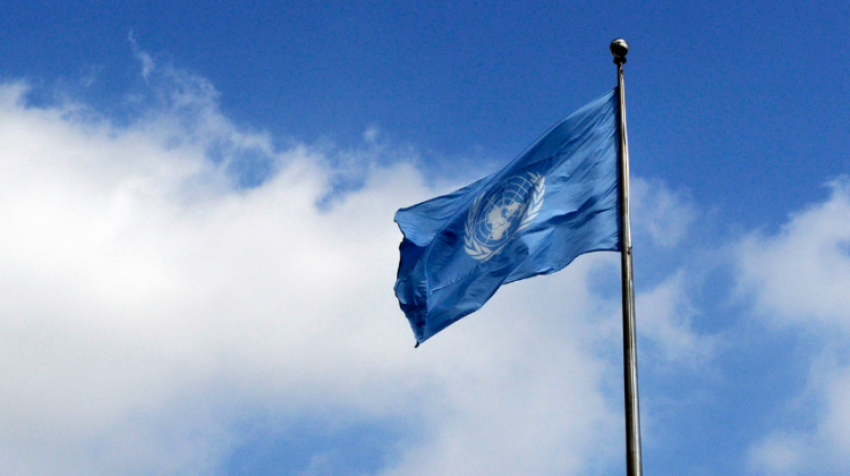
UN report calls for re-thinking social protection as world ages
With the number of people aged 65 and over projected to more than double by the middle of the century, the rights and well-being of older persons must be prioritized, says the "World Social Report".
Temporary closure of the Riverview Café
Please be advised that the Riverview Café servery area will be expanded to accommodate larger crowds. Additionally, a fourth cash register will be included in the expansion to expedite service during peak lunch hours.

Celebrating women fighting for their rights in 2022
In this feature, "UN News" honours the work of activists helping to protect women’s rights, which once again, came under attack in many countries throughout 2022.
New materials added to AV Library of International Law
The Codification Division of the Office of Legal Affairs recently added the following materials to the UN Audiovisual Library of International Law

Five takeaways from Csaba Kőrösi's first 100 days as PGA
The President of the 77th General Assembly, Csaba Kőrösi, marks 100 days in Office. Here are five key takeaways from his presidency so far, and what to look for in 2023.

Advocacy campaign on gender equality and security sector reform
The Department of Peace Operations (DPO) is launching a public advocacy campaign on gender equality and women’s participation in security and defence sectors.

Five takeaways from Csaba Kőrösi's first 100 days as PGA
As 2022 winds down, Csaba Kőrösi marks 100 days as President of the General Assembly. Here are the five key takeaways from his presidency so far, and what to look for in 2023.

PODCAST: Putting our money where our mouth is
The latest episode of "Farms.Food.Future" looks to the year ahead.

Advocacy campaign on gender equality and security sector reform
A joint landmark public advocacy campaign on gender equality and women’s participation in security and defence sectors is being launched.

UNTERM gets a new look
UNTERM, the multilingual database for official United Nations terminology, has been upgraded!

What is the legal meaning of genocide?
On the International Day of Commemoration and Dignity of the Victims of the Crime of Genocide, the Audiovisual Library of International Law invites you to learn more about this heinous crime.

Mini-Series of the UN Audiovisual Library of Intl. Law
Mini-Series of the UN Audiovisual Library of International Law.

PODCAST: Building biodiversity for a successful farming future
As we near the UN Biodiversity Conference, the "Farms.Food.Future" podcast takes a look at a different side of climate change: biodiversity and conservation.

Meet the 2022 Champions of the Earth
UNEP has announced the winners of the UN's highest environmental honour, which celebrates people who are stepping forward to support nature's extraordinary capacity for renewal.

Interested in a career as a French interpreter?
The United Nations is now accepting applications for its upcoming competitive examination for French Interpreters.
